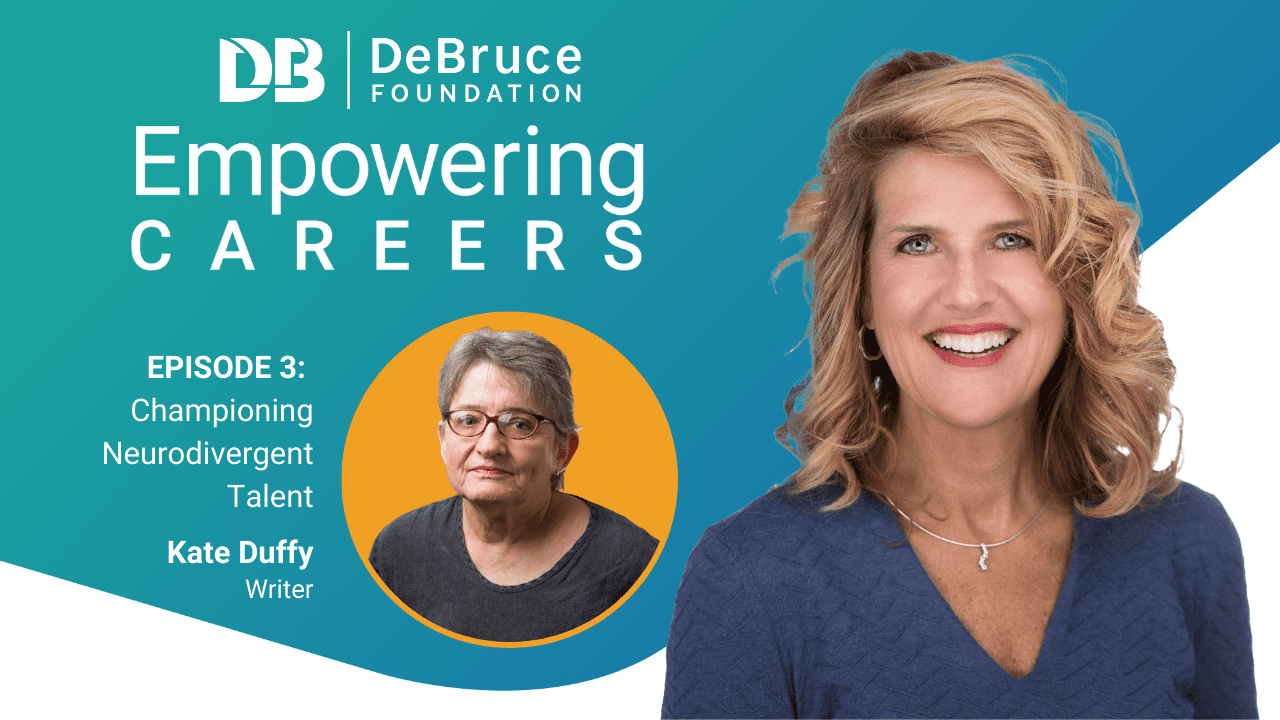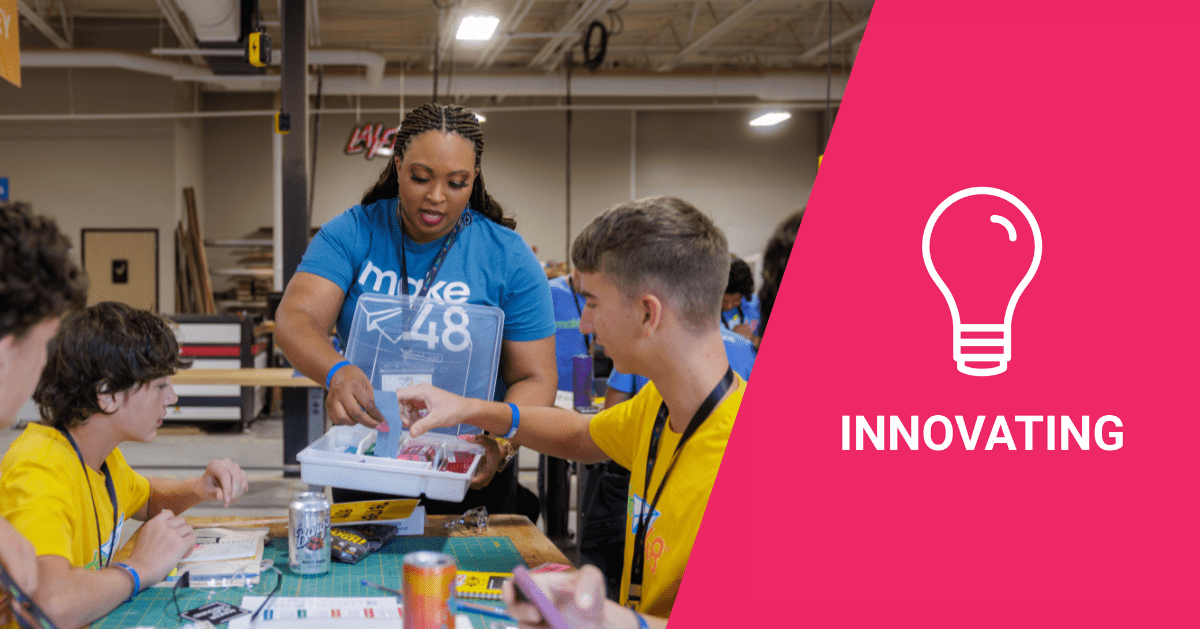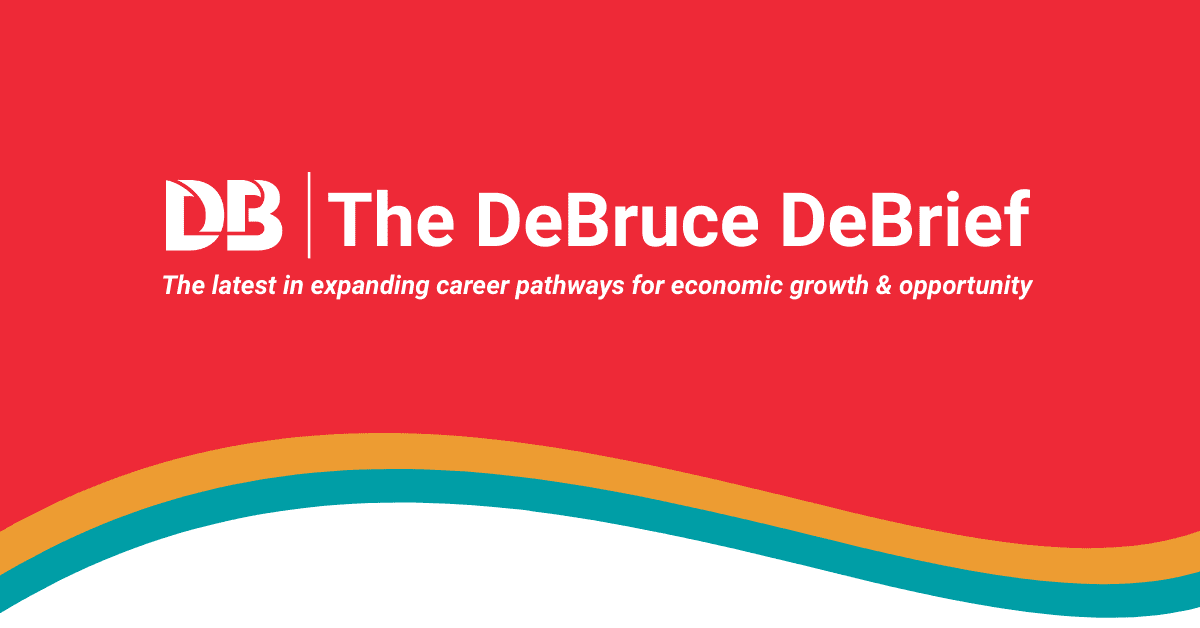Link copied to clipboard

Episode 3 - Championing Neurodivergent Talent
Kate Duffy shares how advocacy, community-building, and inclusive education shape her work supporting neurodivergent individuals. From personal experience to professional impact, she offers practical strategies for helping all learners discover their strengths and build meaningful, sustainable career paths.


